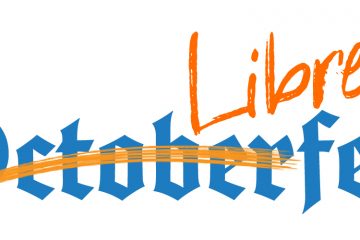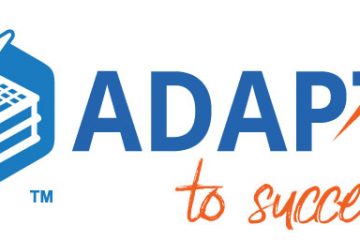The LibreTexts team is proud to announce a new addition to our platform that can help dyslexics and non-dyslexics read more quickly and easily the pages on our platform. This new feature complements our new “dark mode” for night time viewing and is called BeeLine Reader.
It is estimated that between 5 to 15 percent (or 14.5 to 43.5 million) Americans have dyslexia, a reading disability that can affect any part of the reading process, including word recognition, word decoding, reading speed, prosody (oral reading with expression), and reading comprehension. BeeLine Reader’s innovative tech uses line-wrapping color gradients that “guide” readers’ eyes through the text, helping them to read more easily. It also increases reading speed and helps students to focus better while studying.

BeeLine Reader’s impact has been demonstrated in multiple educational research studies, which show increases in both reading fluency and reading comprehension. A study done by CNET (and covered by The Atlantic) showed that people reading with this technology were 35% more likely to finish an article than reading plain black text.
This color-based technique is helpful for readers of all skill levels. Originally created as a speed-reading tool, BeeLine Reader is used by high-performing students at the most elite universities in the world. But this technique isn’t just for gifted readers—it is also incredibly helpful for students with dyslexia, ADHD, or vision impairments. In fact, it is such an effective assistive technology for struggling readers that it has been adopted by leading accessibility platforms like Bookshare and Blackboard Ally.
You can use BeeLine Reader on any LibreTexts content by simply clicking on the Readability button between the red PDF button and the green Donate button. This will trigger a dropdown menu that shows various color schemes you can choose from.
If you enjoy using BeeLine Reader, you can download their Web Browser Plugin, PDF Plugin, or iOS app for use with reading material on non-LibreTexts pages. These tools have been used to read hundreds of millions of pages by readers around the world, and have won awards from the United Nations and Stanford University. For more information about BeeLine Reader, you can visit their website.


